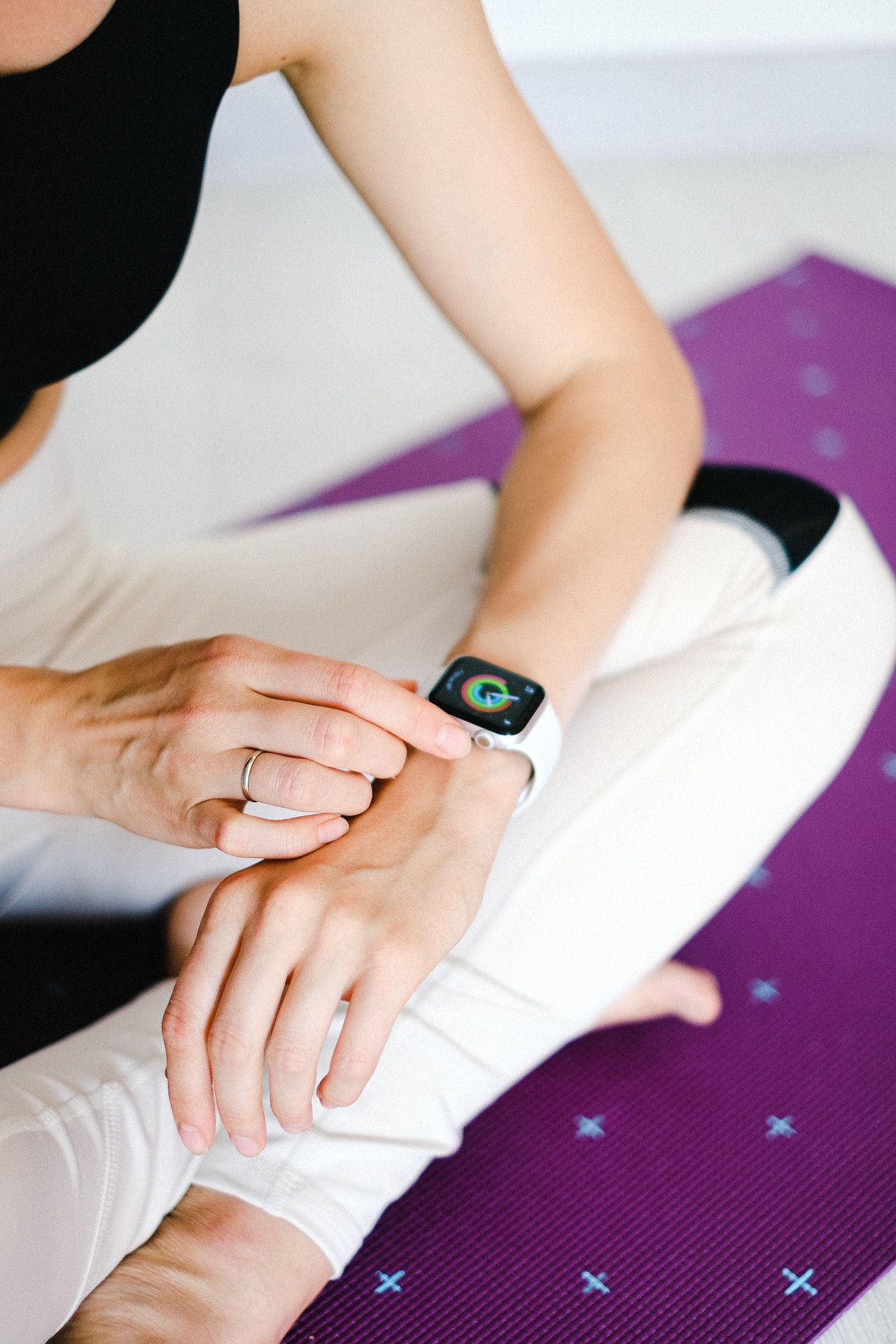Many of us have heard of the newest Apple Watch which has many cool healthcare features, ranging from fitness and workout tracking, heart rate and sleep monitoring, providing electrocardiogram (ECG) and blood oxygen readings and even reminders to wash your hands! One of the hyped up features of the recent models is its ability to monitor ECG heart measurements. The watch allows adults aged 22 years and older who have been diagnosed with atrial fibrillation (AFib) to track and monitor their heart rhythms through a new AFib history feature.
Wearables in the market
Similarly, there are many similar wearables in the market, including the ZEUS (Zio ECG Utilization Software) system developed by iRhythm Technologies in collaboration with Verily (formerly known as Google Life Sciences), which recently received a FDA 510(k) clearance for its artificial intelligence (AI) algorithm that the company claims can identify how much AFib a patient is experiencing over time. Another wearable that has received the FDA 510(k) green light is the Verily Study Watch, which is described as a “telephone electrocardiograph transmitter and receiver” that can monitor arrhythmias in patients diagnosed with or are likely to develop AFib. But how reliable are these wearables?
Evidence-base for wearables
In the landmark Apple Heart Study published in the New England Journal of Medicine, in which the researchers recruited over 400,000 patients who used the Apple Watch for monitoring, only 0.52% received irregular pulse notifications. Furthermore, only one-fifth of the notified patients had sought testing on their heart condition, of which only one-third was confirmed to have AFib or heart abnormalities. In another retrospective study done by Mayo Clinic researchers in over 260 patients who had received abnormal pulse alerts by the Apple Watch, only 15% had clinically actionable diagnoses. The researchers suggested that such false positive results could potentially lead to excessive utilization of healthcare resources and unnecessary anxiety in patients. Apple has since stepped up its game and collaborated with researchers to generate new research on its heart monitoring features, notably, the Apple Heart and Movement Study and the Mayo Clinic ECG Study. Interestingly, researchers at the Mayo Clinic had also used AI algorithm to successfully identify patients with left ventricular dysfunction (also known as a weak heart pump) based on single-lead ECG tracings from an Apple Watch.
With a new evidence base being generated on the reliability and effectiveness of such wearable devices, the question that healthcare professionals should ask themselves is how all these data collected by wearables can be interpreted in a useful manner that is relevant to their clinical practices…
